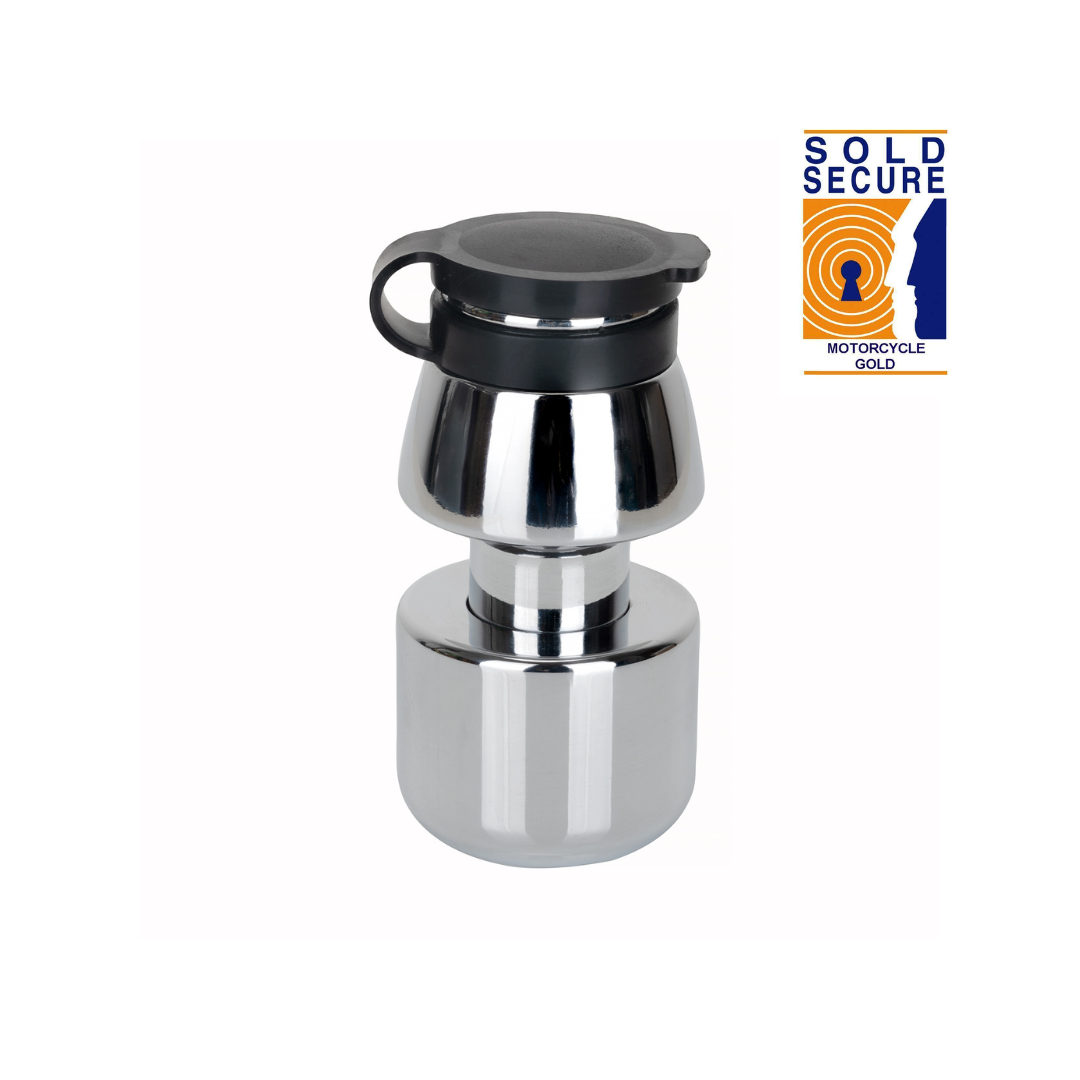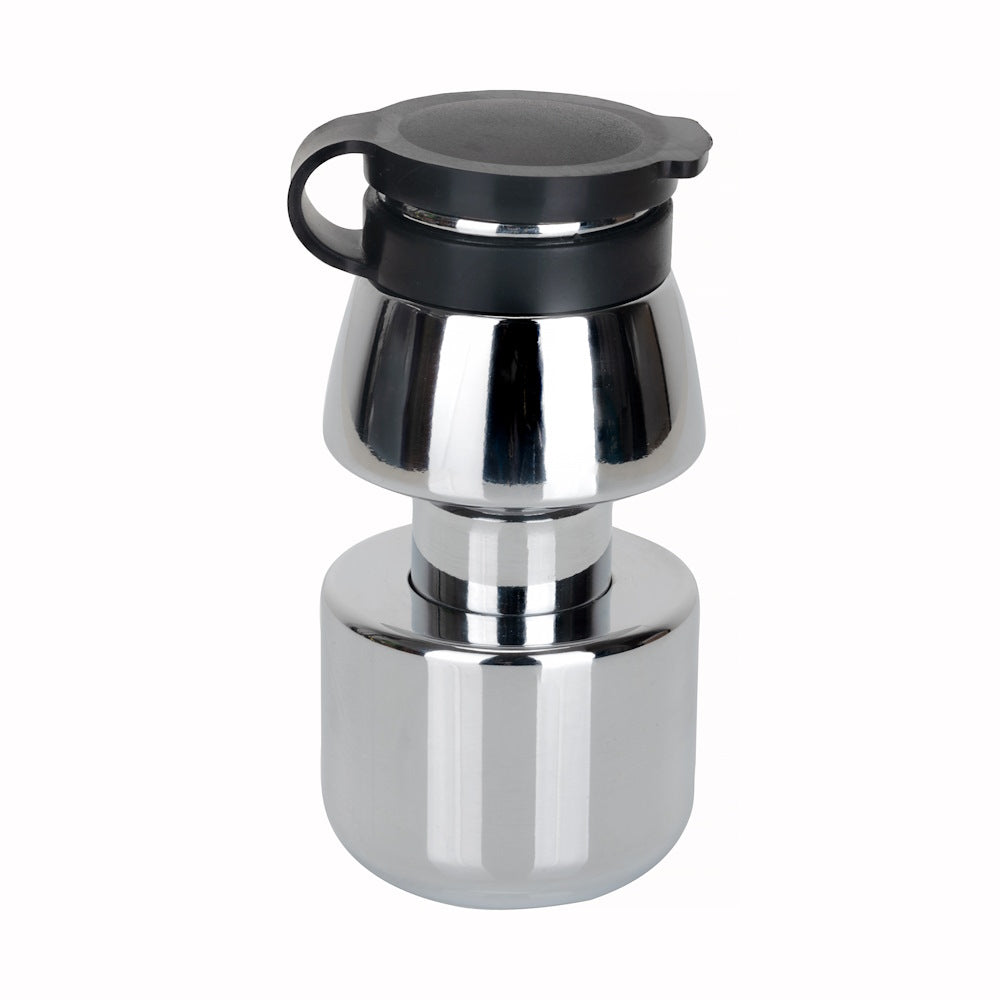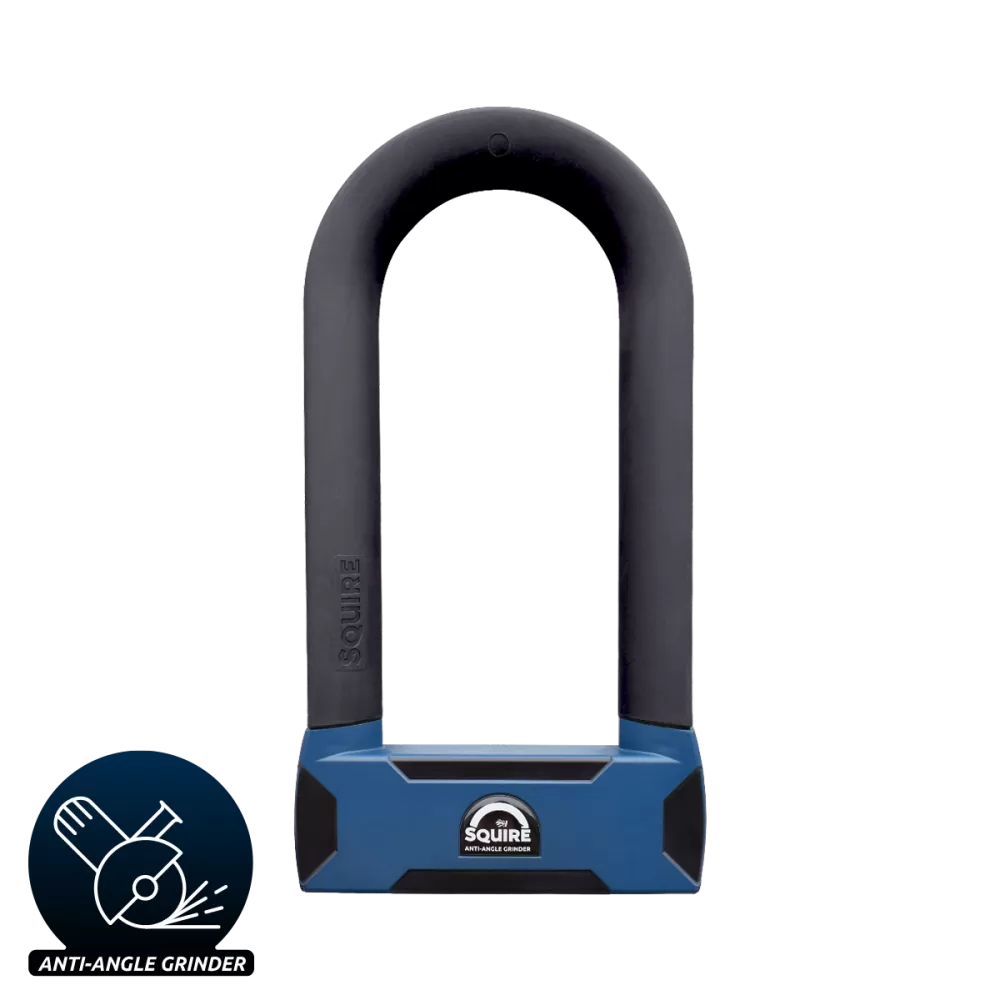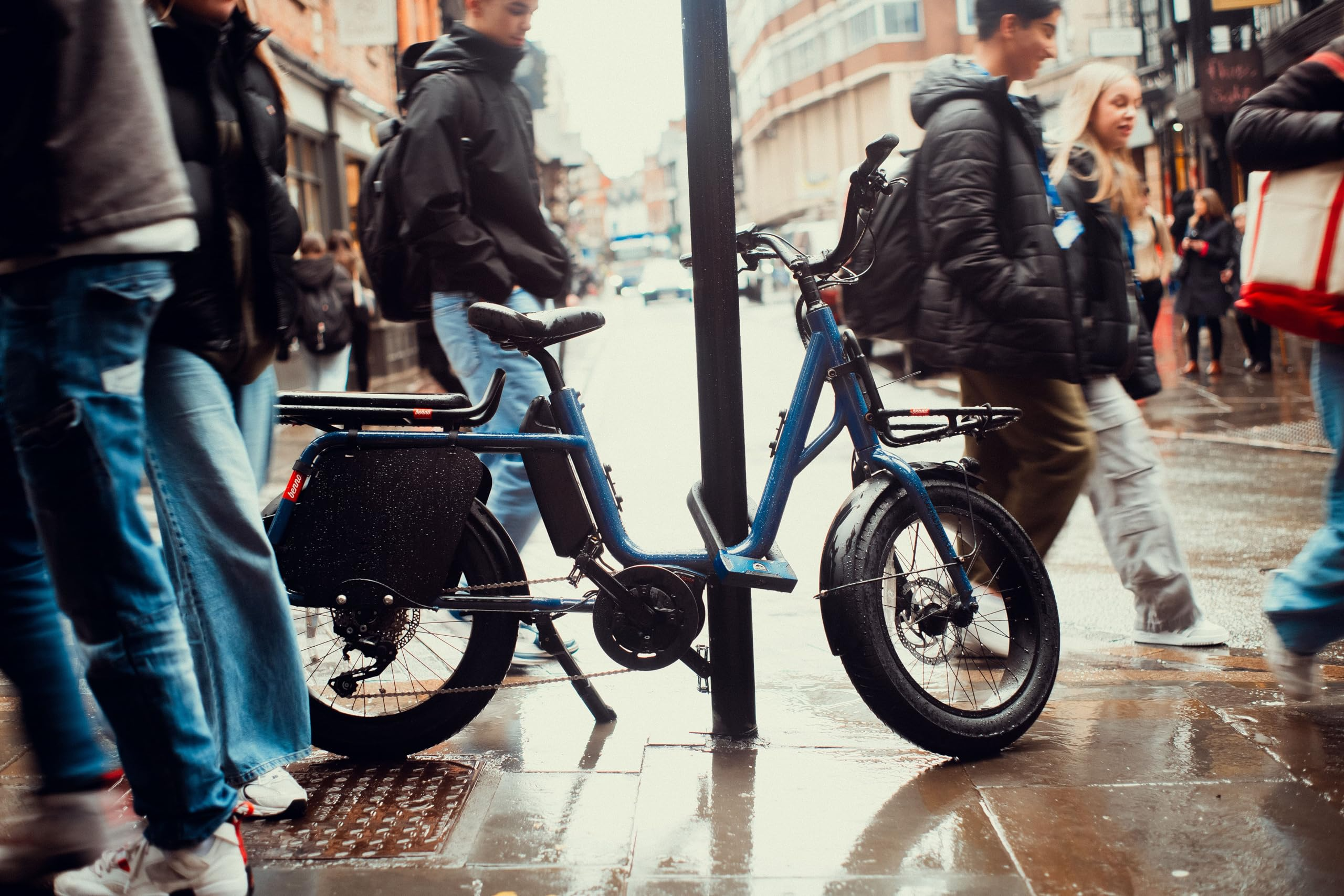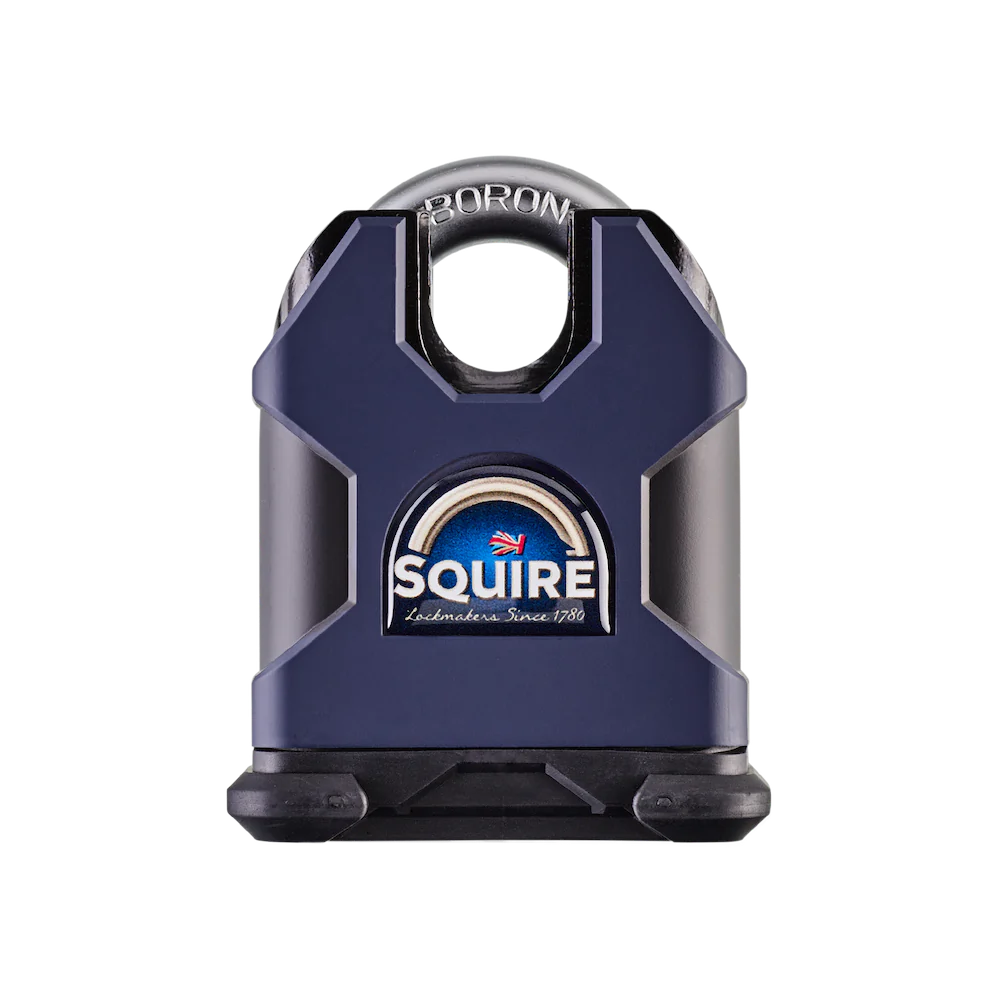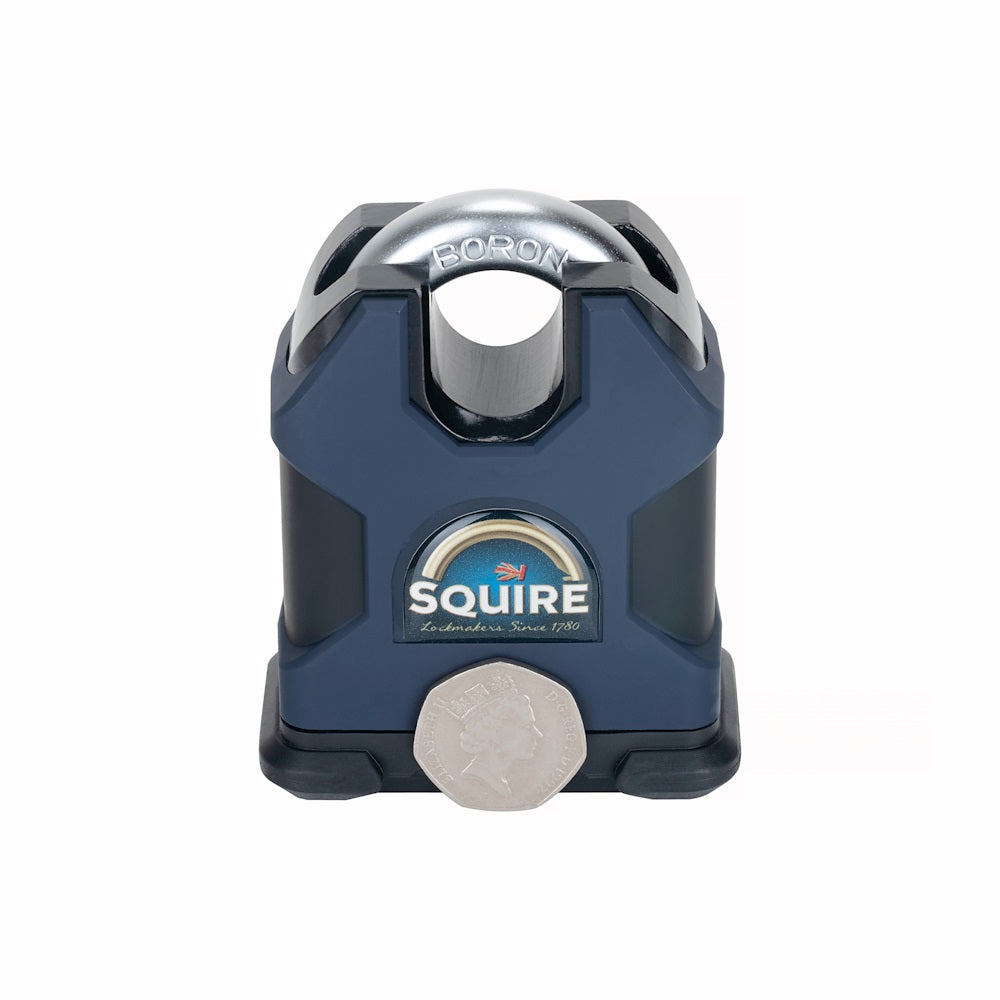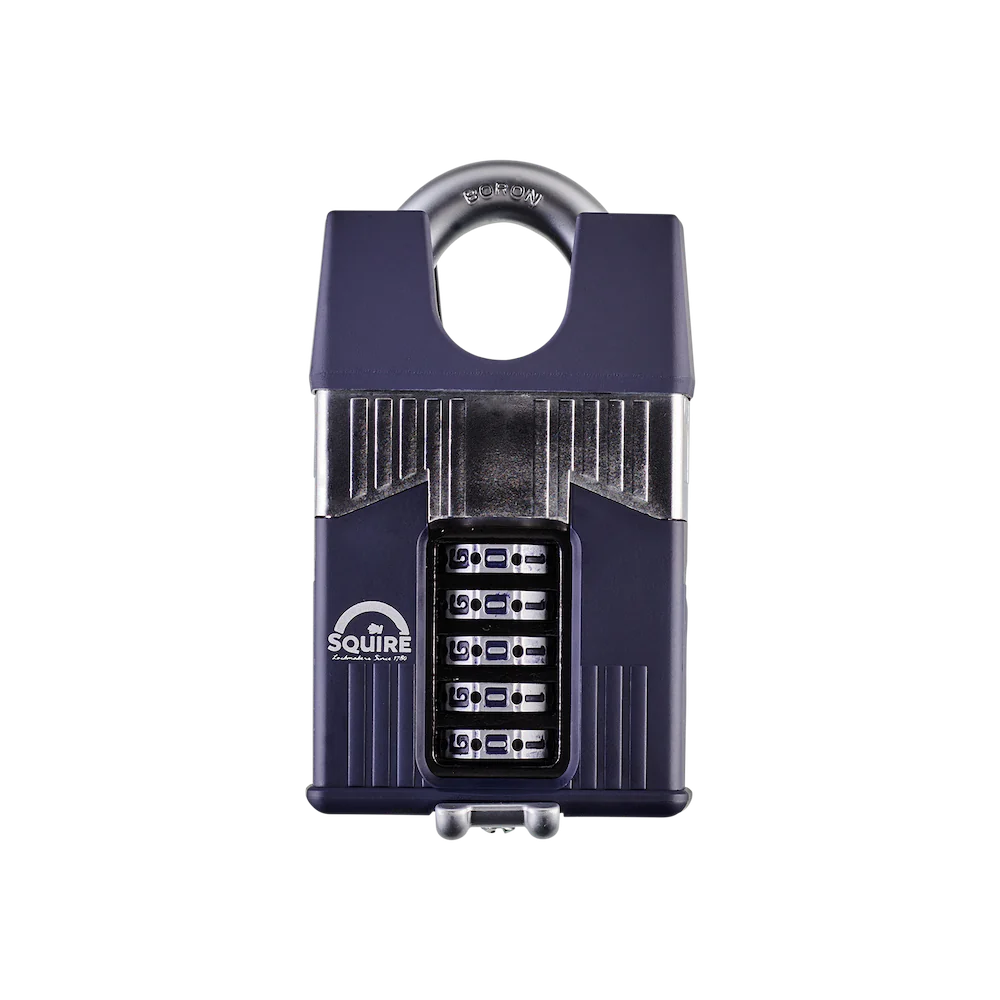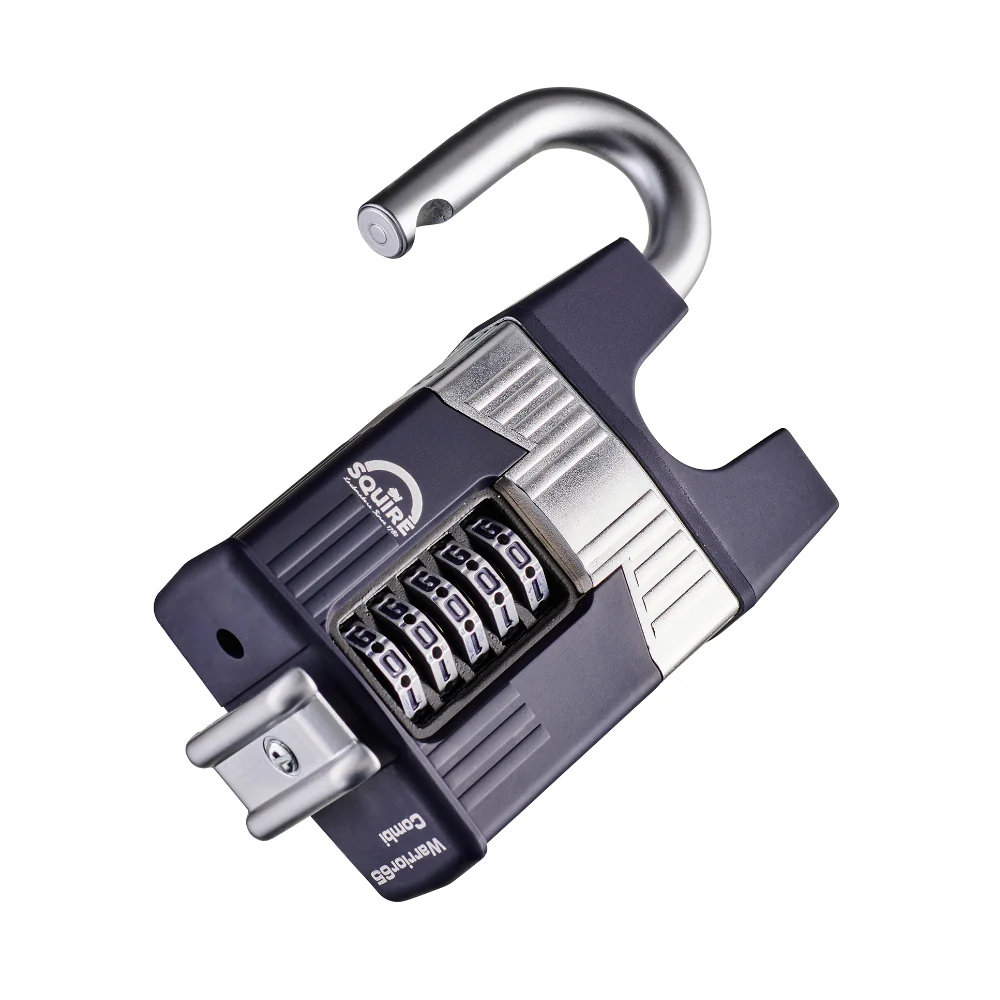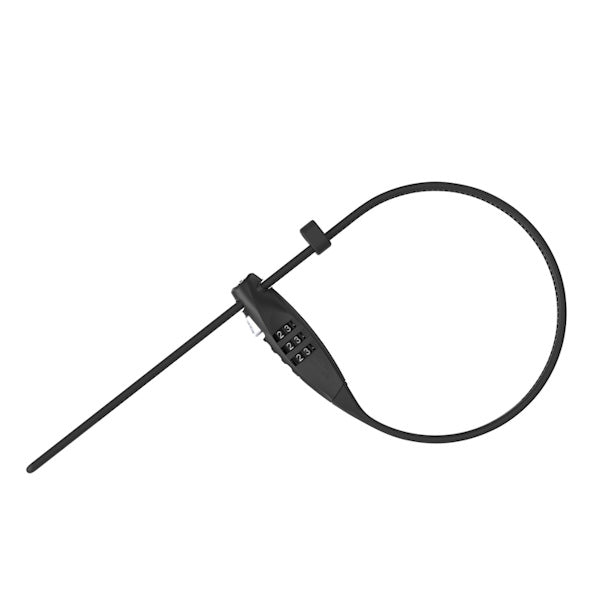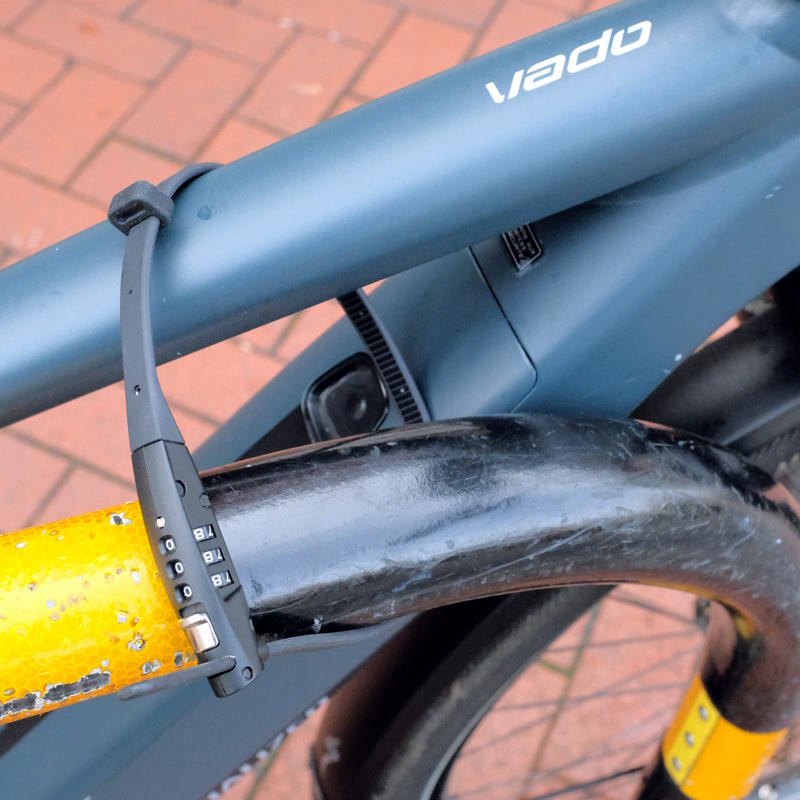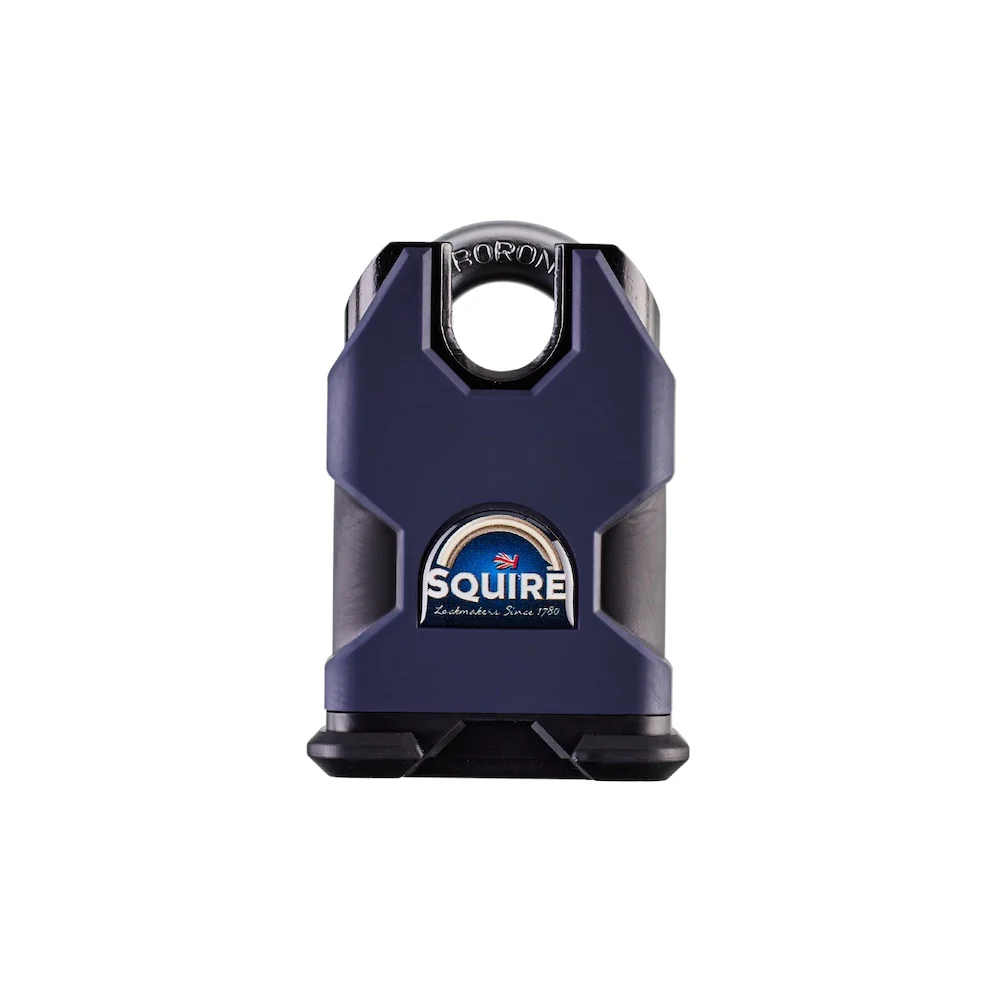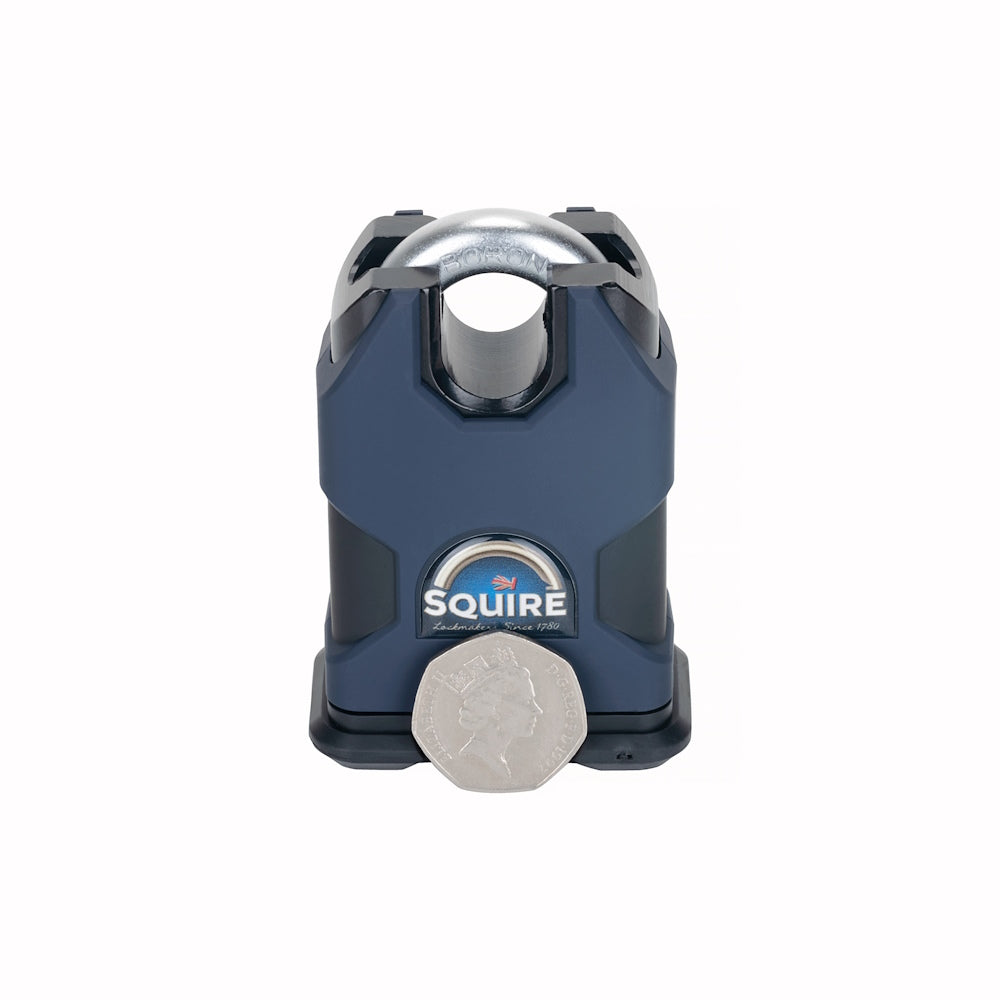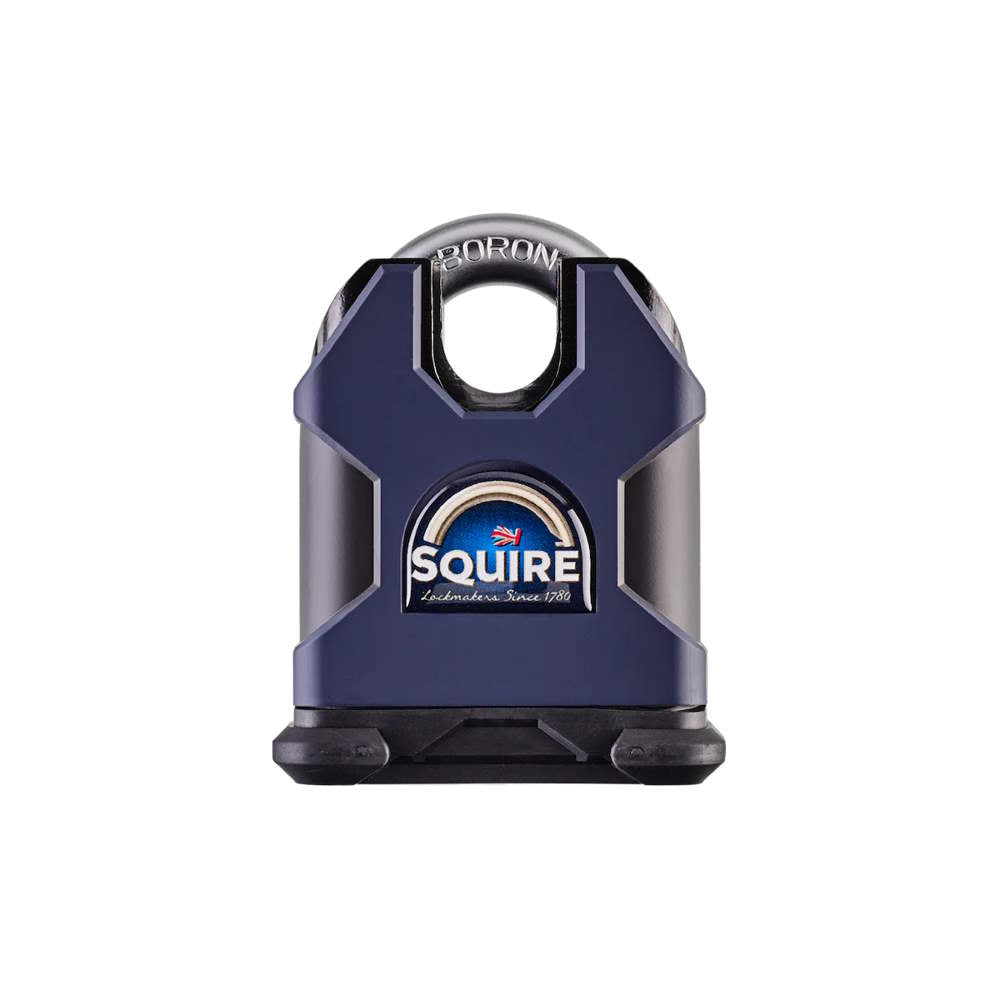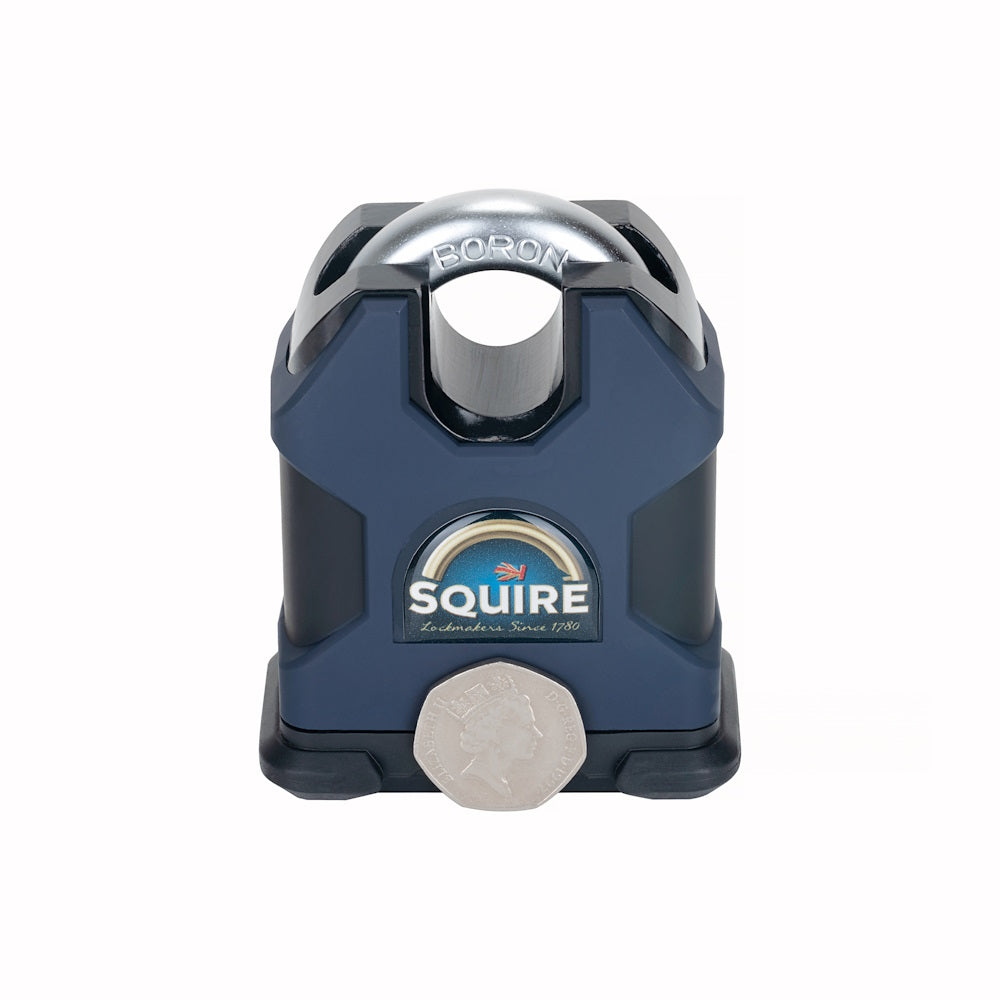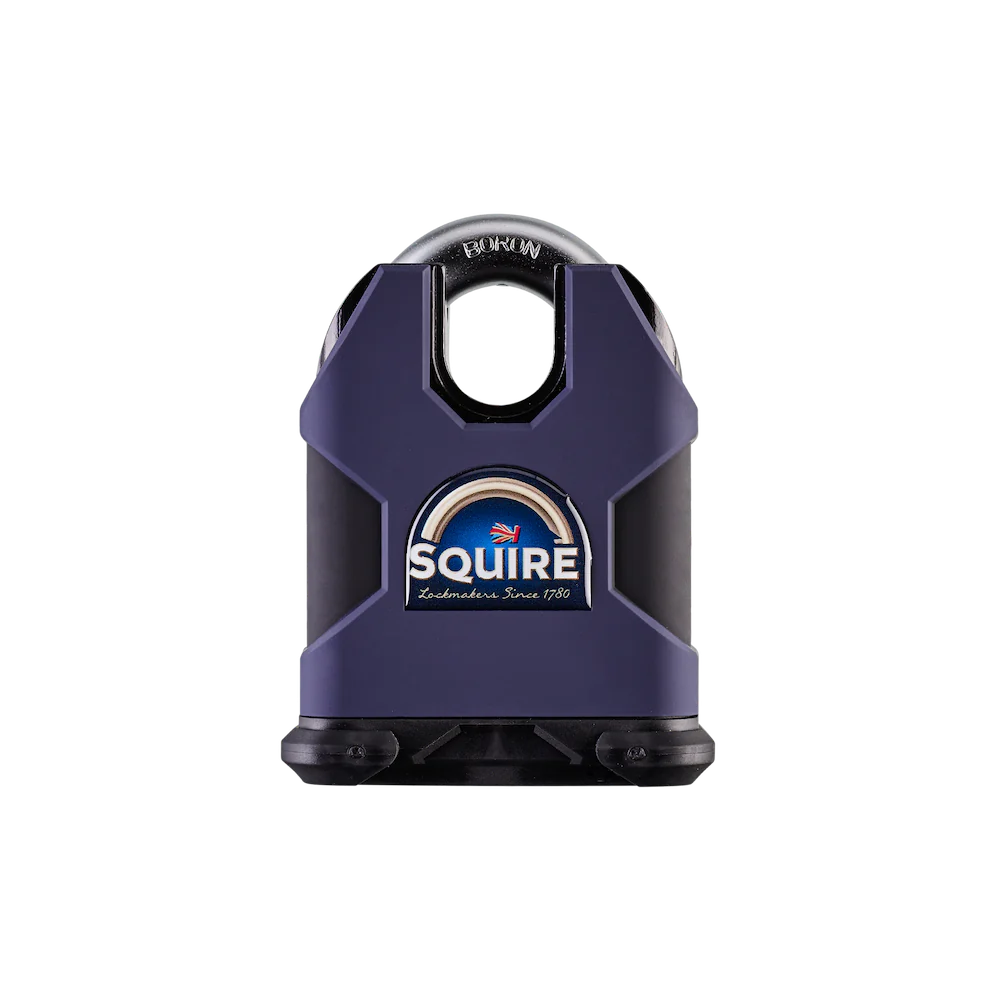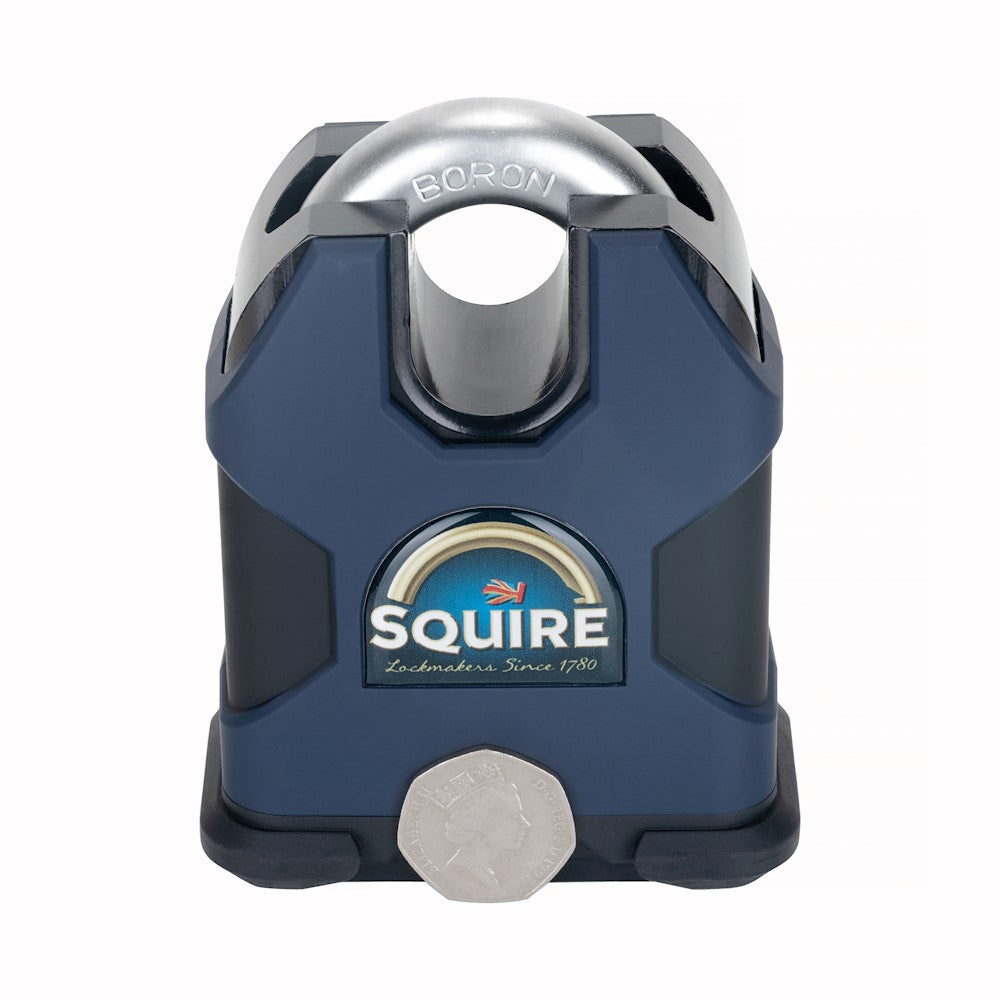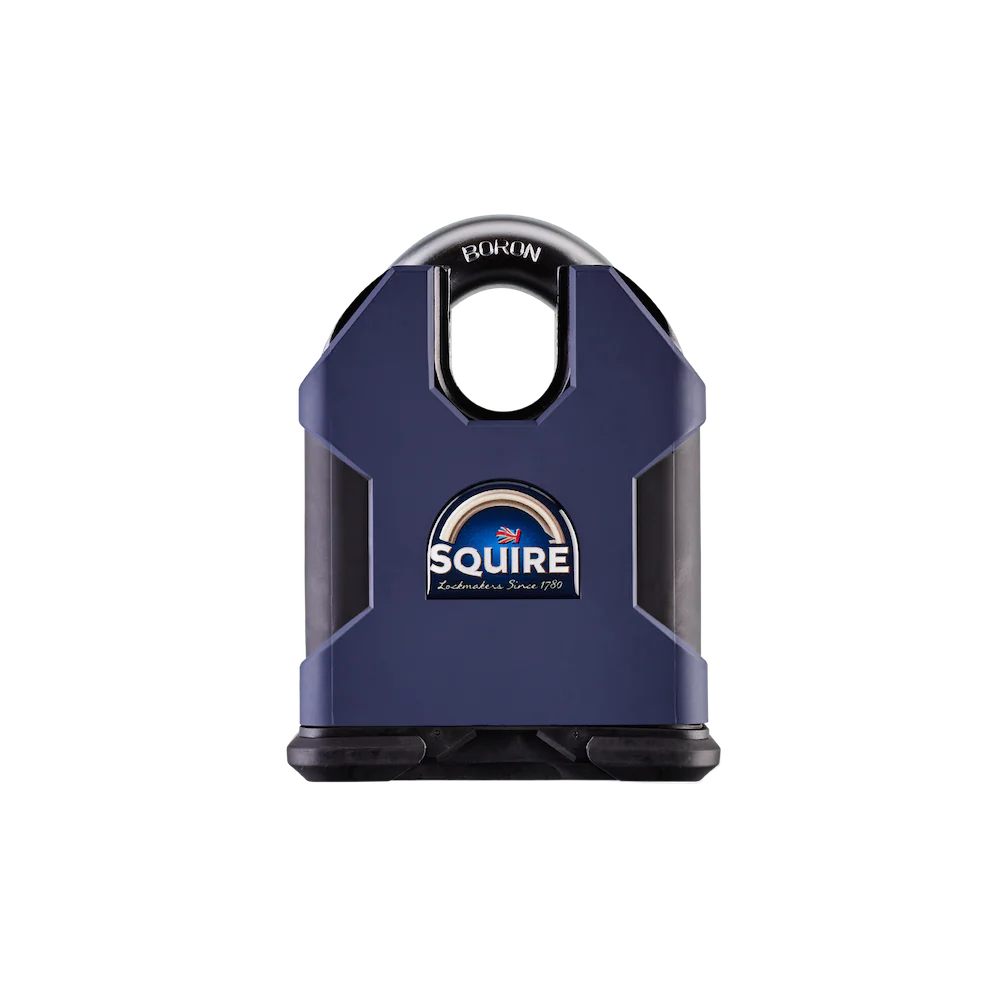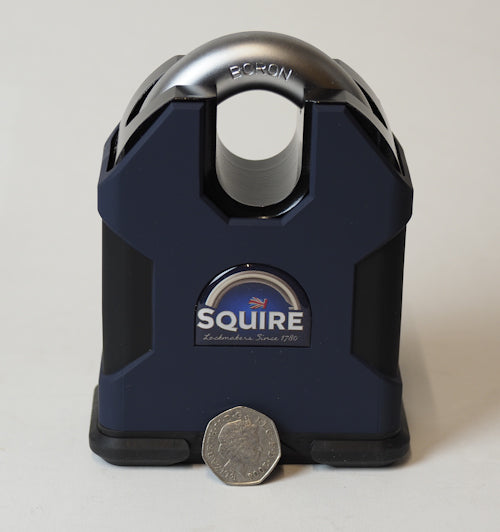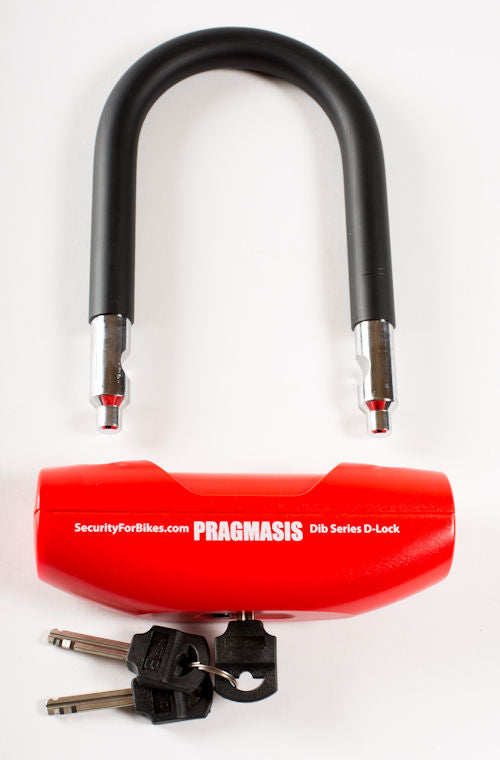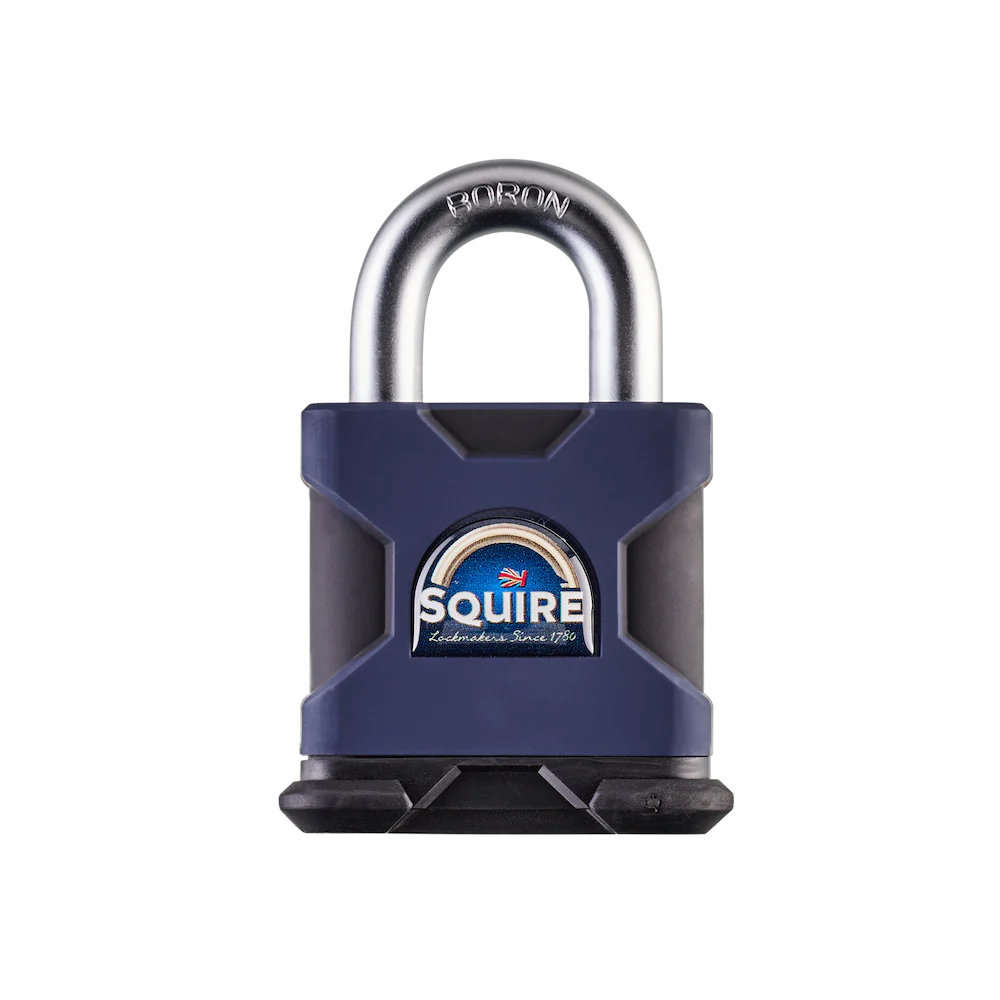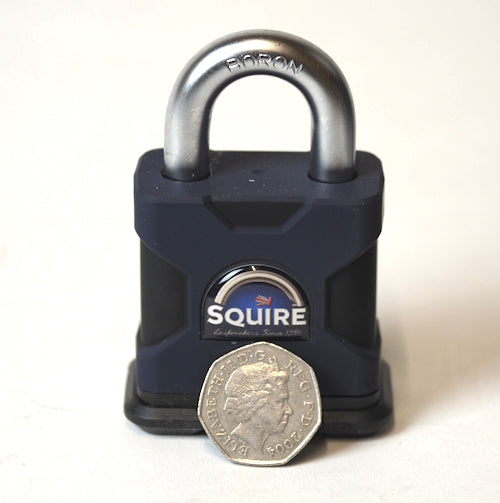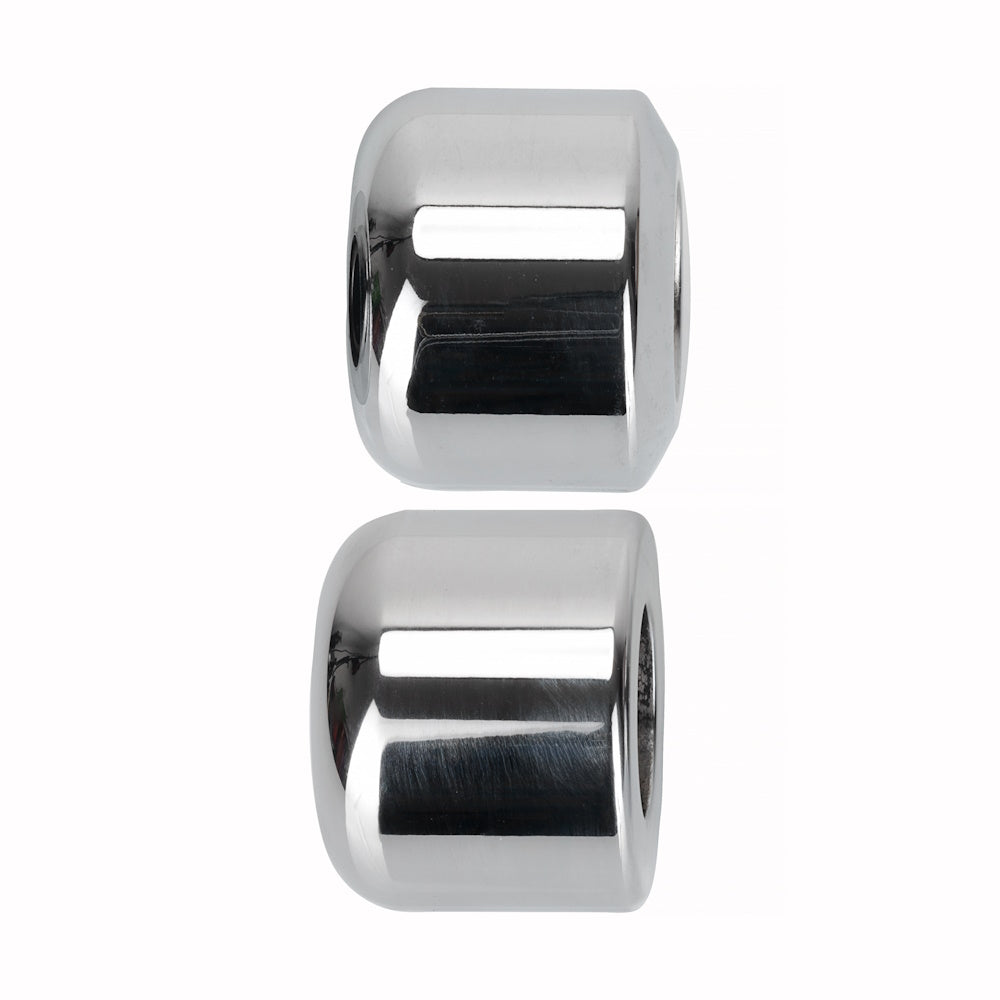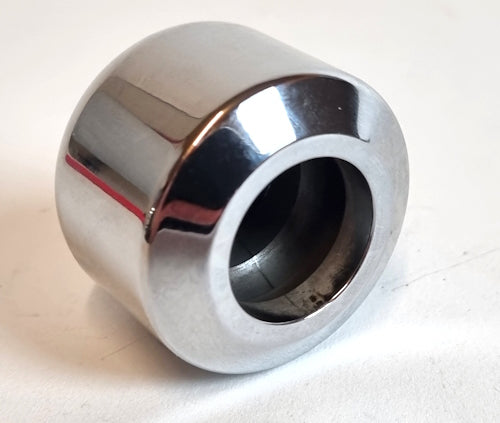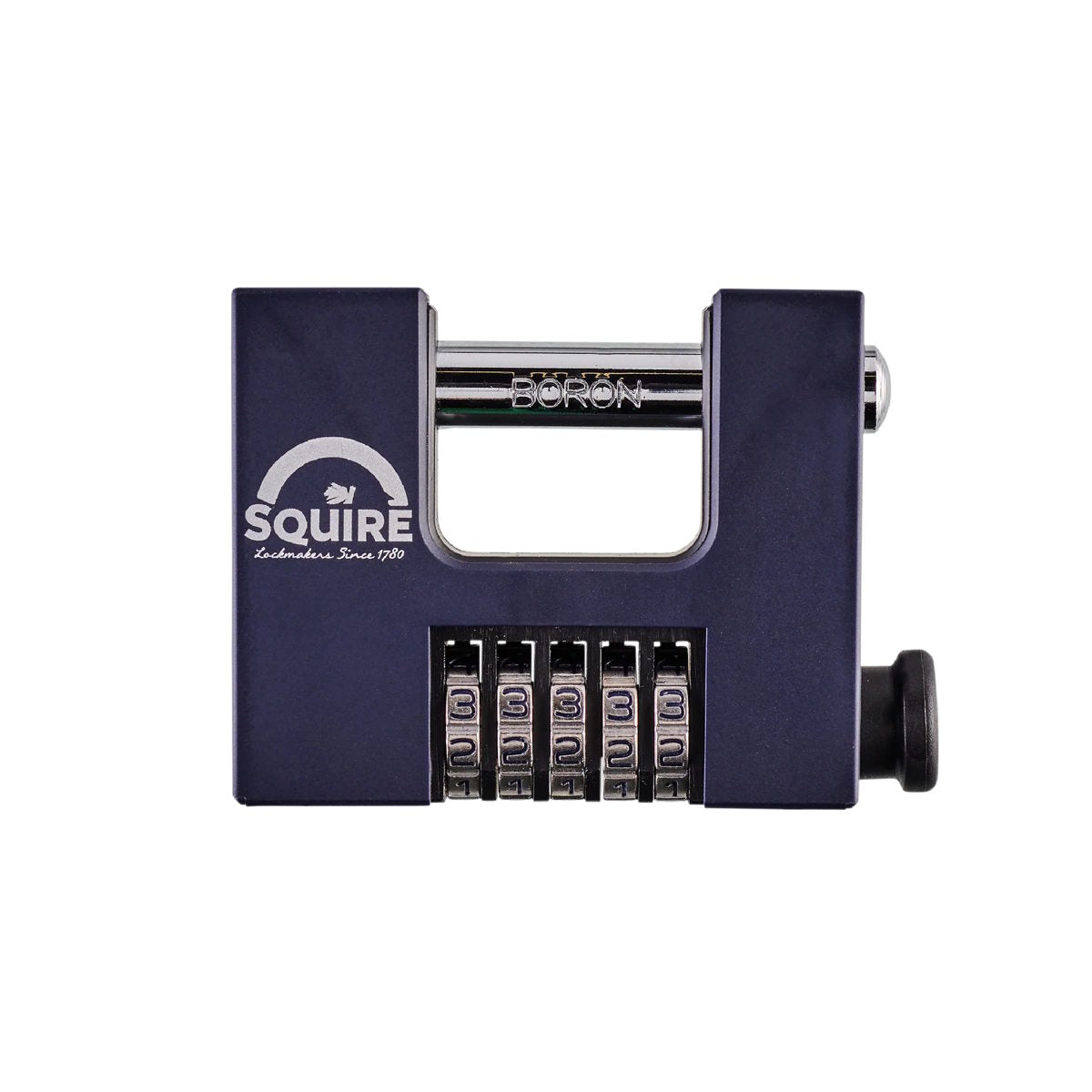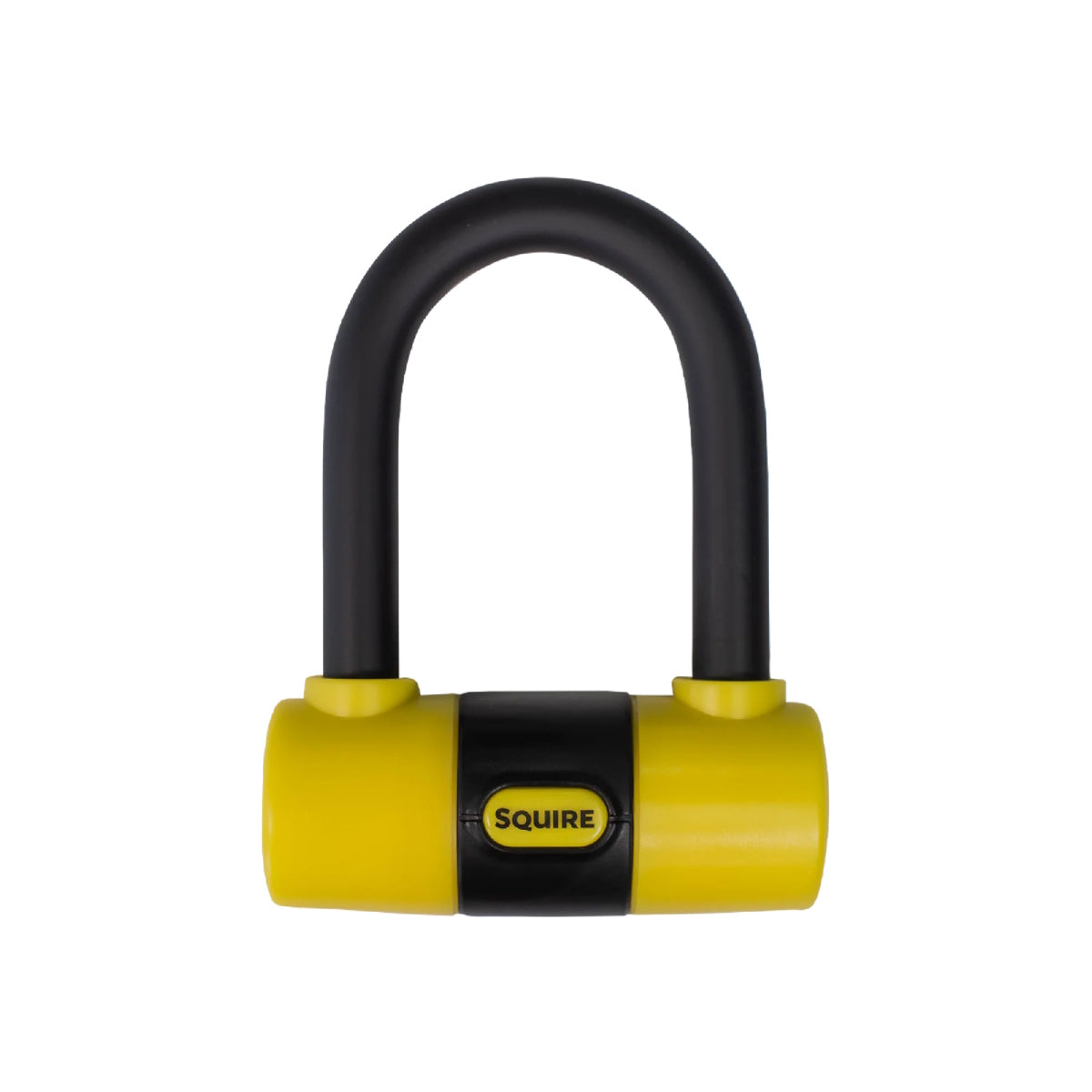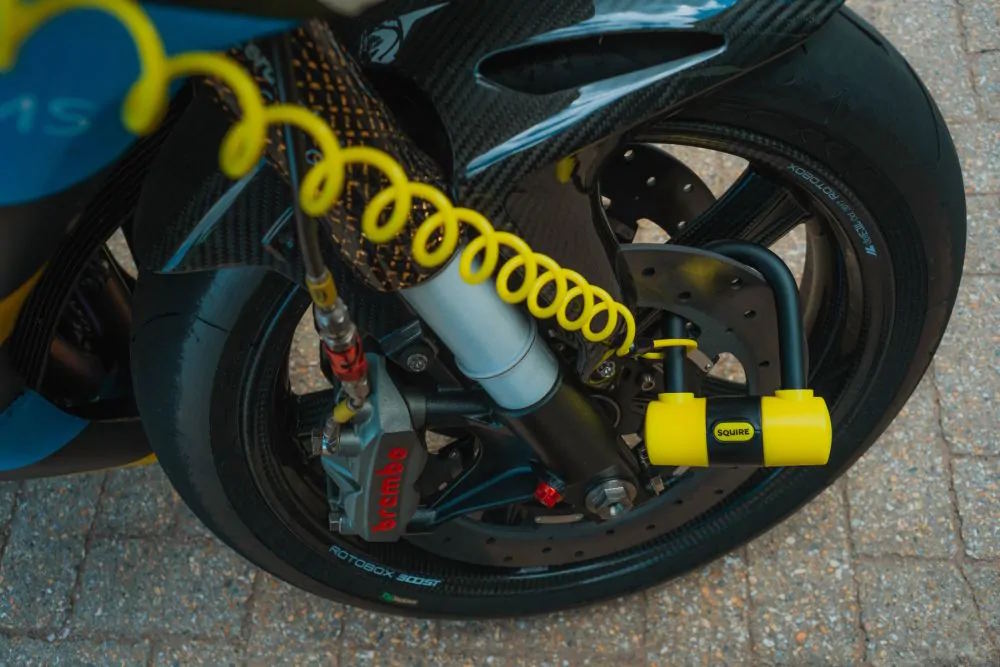Locks
We sell a range of high-security locks for different applications. Not only do we produce our own locks, that have been independently tested and awarded Sold Secure Gold status but we also sell Squire locks, which are some of the toughest available.
Filters
14 products
Pragmasis made a name for itself with the RoundLock. Often imitated, never bettered. This lock is a fantastic two-part design. Not only does it have a thick 21mm shackle but the two parts rotate, making it hard for a thief to get any purchase on the lock, let alone defeat it. Our range of locks have been selected to meet the highest of security standards.
Established in 2003
21 years producing world-class security products
Free shipping
Tracked shipping is £3.95 but is free on orders over £100.
5-star ratings
We've had 100s of ratings from customers just like you
10-year warranty
No quibble guarantee on all of our hard security

